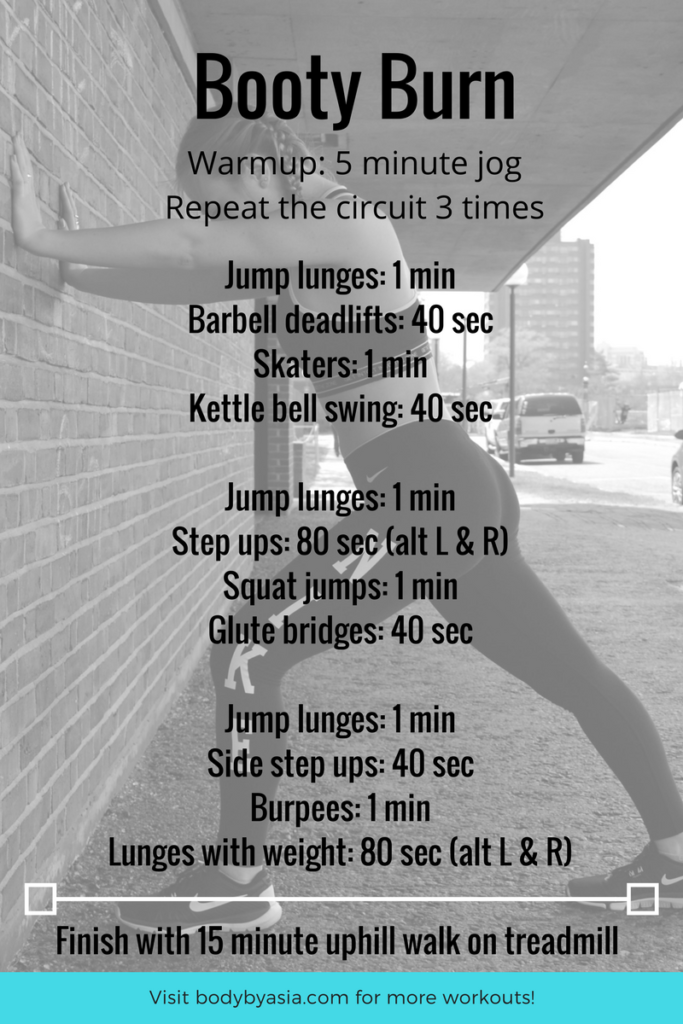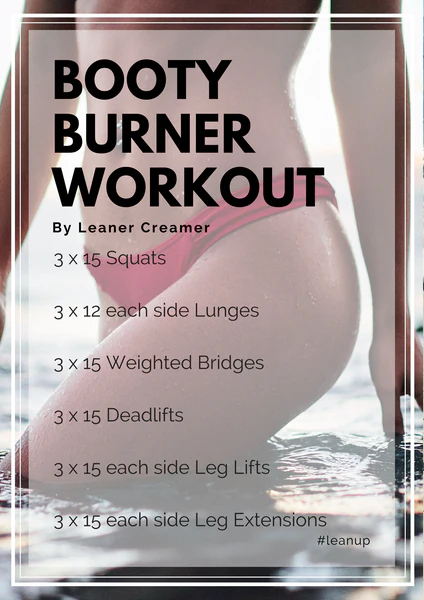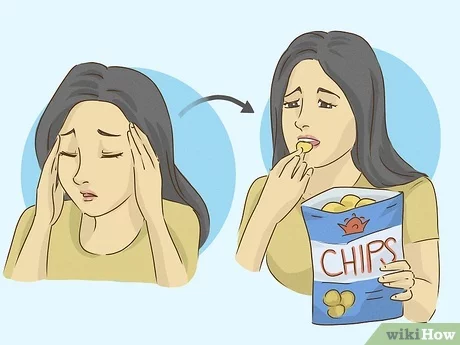
Butt Burners: The Ultimate Guide to Alleviating Posterior Discomfort
Introduction:
Butt burners, also known as anal burning or rectal burning, refer to the uncomfortable sensation of heat, stinging, or irritation in the anal region. This condition can be quite distressing and often interferes with daily activities. In this comprehensive guide, we will explore the causes, preventive measures, home remedies, medical treatments, lifestyle changes, and professional help options for alleviating butt burners. Butt Burners
Causes of Butt Burners
1. Spicy Food Consumption
Spicy foods, such as chili peppers and hot sauces, contain compounds like capsaicin that can irritate the sensitive tissues in the anus, leading to butt burners. Individuals with a sensitive digestive system may be more prone to experiencing this discomfort after consuming spicy meals.
2. Digestive Disorders
Certain digestive disorders, including hemorrhoids, anal fissures, irritable bowel syndrome (IBS), and inflammatory bowel disease (IBD), can contribute to butt burners. These conditions often cause inflammation, itching, and burning sensations in the anal area. Butt Burners
3. Friction and Chafing
Activities that involve prolonged sitting, excessive wiping, or wearing tight clothing can create friction and chafing in the anal region. This friction can result in skin irritation, redness, and a burning sensation. Butt Burners
4. Infections and Skin Conditions
Infections, such as yeast infections or sexually transmitted infections (STIs), can cause butt burners. Additionally, certain skin conditions like eczemaor psoriasis can lead to inflammation and burning in the anal area.
Preventive Measures for Butt Burners
To minimize the occurrence of butt burners, it’s essential to implement certain preventive measures. Here are some effective strategies:
1. Moderating Spicy Food Intake
If you frequently experience butt burners after consuming spicy foods, it’s advisable to moderate your intake. Gradually reduce the level of spiciness in your meals to prevent irritation in the anal area. Butt Burners
2. Maintaining Proper Hygiene
Practicing good hygiene is crucial for preventing butt burners. Ensure that you clean the anal area gently with mild soap and water after bowel movements. Avoid using harsh or scented products that can further irritate the sensitive skin.
3. Using Appropriate Clothing and Fabrics
Wearing loose-fitting clothing made from breathable fabrics, such as cotton, can help minimize friction and irritation in the anal region. Avoid tight underwear or pants that can trap moisture and exacerbate discomfort. Butt Burners
4. Treating Underlying Medical Conditions
If you have underlying digestive disorders like hemorrhoids, anal fissures, or IBS, it’s important to seek appropriate medical treatment. Managing these conditions effectively can alleviate the symptoms of butt burners.
Home Remedies for Butt Burners
When dealing with mild cases of butt burners, you can try several home remedies to find relief. Here are some commonly recommended options:
1. Soothing with Cold Compresses
Applying a cold compress or ice pack to the affected area can help numb the sensation and reduce inflammation. Wrap the ice pack in a clean cloth and gently apply it to the anal region for short periods. Butt Burners
2. Applying Aloe Vera Gel
Aloe vera gel possesses soothing and anti-inflammatory properties, making it beneficial for relieving butt burners. Apply a small amount of pure aloe vera gel to the affected area for soothing relief.
3. Utilizing Oatmeal Baths
Taking warm oatmeal baths can provide relief from anal discomfort. Add colloidal oatmeal or finely ground oats to a bathtub filled with warm water and soak in it for 15-20 minutes.
4. Using Over-the-Counter Creams and Ointments
Over-the-counter creams and ointments containing ingredients like hydrocortisone or witch hazel can help reduce inflammation and provide temporary relief from butt burners. Follow the instructions on the product label for proper usage.

Medical Treatments for Butt Burners
In severe or persistent cases of butt burners, medical treatments may be necessary. Consult a healthcare professional for appropriate guidance. The following options may be considered:
1. Prescription Medications
Depending on the underlying cause of butt burners, your doctor may prescribe medications such as topical analgesics, anti-inflammatory drugs, or antifungal creams to alleviate symptoms and promote healing. Butt Burners
2. Topical Steroids
In cases where inflammation is significant, topical corticosteroids may be prescribed to reduce inflammation and relieve butt burners. These medications should be used as directed by a healthcare professional. Butt Burners
3. Laser Treatments
For certain conditions like hemorrhoids or anal fissures, laser treatments may be recommended. Laser therapy can help shrink hemorrhoids or promote healing of anal fissures, providing long-lasting relief from butt burners.
4. Surgical Interventions
In rare cases where conservative treatments fail to provide relief, surgical interventions may be necessary. Surgical options like hemorrhoidectomy or sphincterotomy can effectively treat underlying conditions and alleviate butt burners. Butt Burners
Lifestyle Changes to Relieve Butt Burners
Adopting certain lifestyle changes can significantly reduce the frequency and severity of butt burners. Consider the following:
###1. Dietary Modifications
- Increase fiber intake: Consuming a diet rich in fiber can promote regular bowel movements and prevent constipation, which can contribute to butt burners. Include fruits, vegetables, whole grains, and legumes in your diet.
- Stay hydrated: Drink an adequate amount of water throughout the day to keep your stools soft and prevent straining during bowel movements.
- Avoid triggering foods: Identify and avoid foods that tend to exacerbate your symptoms. Common triggers include spicy foods, caffeine, alcohol, and greasy or fried foods.
2. Regular Exercise and Physical Activity
Engaging in regular exercise helps improve digestion, promote healthy bowel movements, and reduce the risk of developing digestive disorders that can lead to butt burners. Incorporate activities like walking, jogging, yoga, or cycling into your routine. Butt Burners
3. Stress Reduction Techniques
Stress can worsen digestive symptoms, including butt burners. Practice stress reduction techniques such as deep breathing exercises, meditation, yoga, or engaging in hobbies and activities that help you relax. Butt Burners
4. Adequate Hydration
Ensure you stay well-hydrated by drinking plenty of water throughout the day. Sufficient hydration helps maintain proper bowel function and prevents dry stools, which can contribute to butt burners.
Seeking Professional Help for Butt Burners
If you’re experiencing persistent or severe butt burners, it’s advisable to seek professional help. Consult the following specialists for further evaluation and guidance:
1. Consulting a Gastroenterologist
A gastroenterologist specializes in diagnosing and treating disorders of the digestive system. They can assess your symptoms, perform necessary tests, and recommend appropriate treatment options based on the underlying cause of your butt burners.
2. Visiting a Dermatologist
In cases where skin conditions or infections are contributing to butt burners, a dermatologist can provide expert advice and prescribe medications or topical treatments to alleviate symptoms and promote healing. Butt Burners
3. Seeking Guidance from a Nutritionist
A nutritionist or dietitian can help you develop a customized diet plan to manage butt burners. They can provide guidance on foods to include or avoid, as well as offer nutritional support to improve overall digestive health. Butt Burners
Conclusion
Butt burners can be a discomforting condition, but with the right knowledge and approach, relief is possible. By understanding the causes, implementing preventive measures, trying home remedies, considering medical treatments, making lifestyle changes, and seeking professional help when necessary, individuals can find effective ways to alleviate butt burners and improve their quality of life. Butt Burners

FAQs (Frequently Asked Questions)
- Can spicy foods alone cause butt burners?
- Spicy foods can contribute to butt burners, especially if you have a sensitive digestive system. However, other factors like underlying medical conditions or friction/chafing can also play a role. Butt Burners
- How long does it take for butt burners to heal?
- The healing time for butt burners can vary depending on the underlying cause and individual factors. Mild cases may resolve within a few days with home remedies, while severe cases may require medical interventions and take longer to heal.
- Are there any natural remedies for butt burners?
- Yes, several natural remedies like cold compresses, aloe vera gel, oatmeal baths, and maintaining good hygiene can help alleviate butt burners. However, it’s important to consult a healthcare professional for persistent or severe symptoms. Butt Burners
- Is butt burners a sign of a serious health condition?
- In most cases, butt burners are not indicative of a serious health condition. However, if the symptoms persist, worsen, or are accompanied by other concerning symptoms, it’s important to seek medical evaluation to rule out any underlying issues.
- Can stress contribute tobutt burners?
- Yes, stress can contribute to butt burners. Stress can affect digestion and bowel movements, leading to symptoms such as anal burning or discomfort. Practicing stress reduction techniques can help alleviate symptoms. Butt Burners



